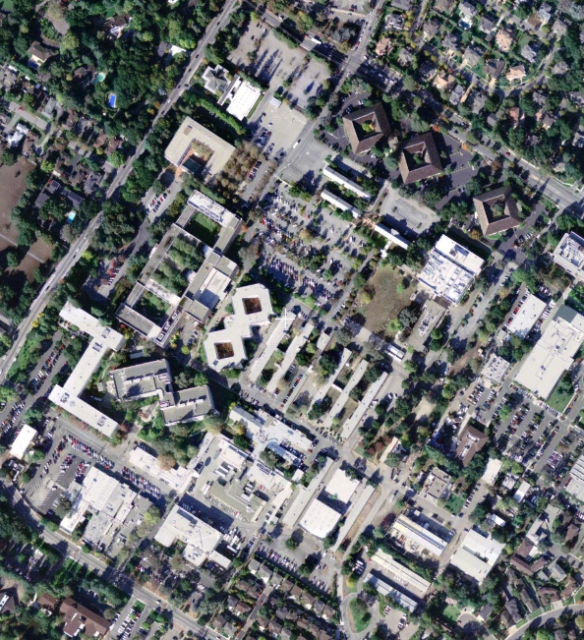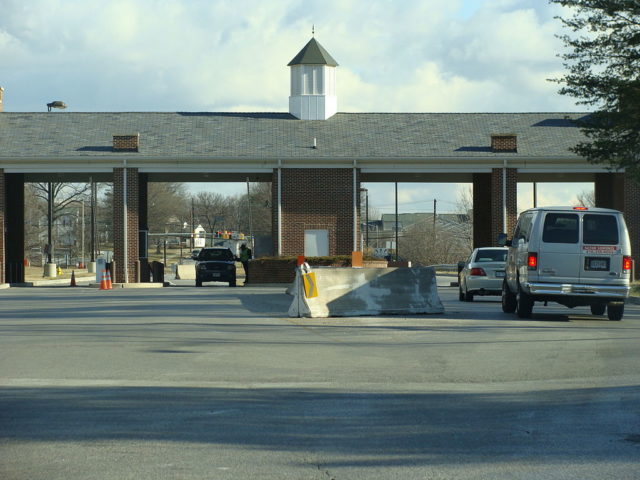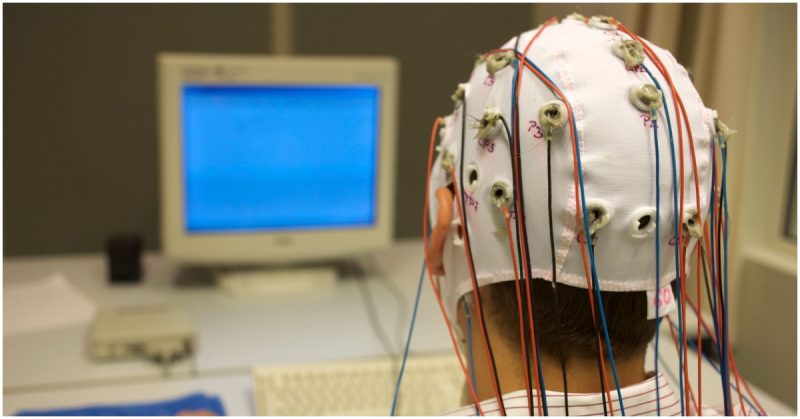Most people know Stargate as the name of a popular SciFi TV series. It has another, almost darker meaning, however. Beginning in the 1970s, the Stargate Project was the name of a secret unit of the US military. It was dedicated to psychic phenomena and how it related to military intelligence.
Basically, the purpose of the project was the hope that, using psychic powers, the army would be able to use something called remote viewing to gather information telepathically. Regardless of their efforts, after almost 20 years, the unit was disbanded due to it’s “uselessness.” It lasted a relatively long time considering the controversy surrounding it.
How It Began
It has been said the US military interest in psychic powers was spurred on by Soviet action. It was rumored the Soviets were spending millions each year on psychological research. The CIA decided to investigate the possibility of using psychic powers for intelligence gathering, and so Stargate was born and received funding.

The aim was to use people called “viewers” to see not only current events happening far away but also to see into the future. At first, the research took place at Stanford Institute and began with the viewers attempting to see things the researchers could verify. They reported a 65% minimum accuracy rate. While some thought that was good enough, groups of researchers kept trying.
When it began, it was designed very strategically and scientifically, to try to prove that those doing the viewing were unaffected by outside elements. Once all other attempts to obtain information were exhausted, the researchers were promised, they would be given a mission, and get to prove their skills.
At first, the program contained 22 individuals, but when those people left the program, they were not replaced. Eventually, the program was reduced to three people, before it was finally closed.
Participants
Some participants were taken more seriously than others.
One, for example, was Pat Price. He was a police officer who was used as a viewer on multiple occasions. He reportedly used his mind to see Soviet Union machinery, which he would then draw out for the researchers. Those drawings matched up with CIA photos they had at the time, and so he was taken very seriously by those who believed in the validity of the experiments.

Ingo Swann was kept around for a while not only due to his scientific approach but also because of his interest in psychic powers concerning aliens and extraterrestrial life. He also created the idea of “controlled remote viewing.” The idea there was for viewers to be given a set of geographic coordinates and then”see” what was there at the time.
Swann’s talents, however, extended to also being able to see planetary features on other planets and space objects as well.

As well as the viewers, there was a handful of military personnel involved in the project.
Major General Albert Stubblebine was a big proponent and was convinced it would be successful. He required all his commanders to learn how to bend spoons with their minds, and he attempted to learn how to walk through walls using only his mental powers.
However, the controversy surrounding the value of the project and some security violations by those civilian psychics working on it resulted in Stubblebine being forced into retirement. He was replaced by Harry Soyster, who was not quite so fond of the project. Stargate ended while he was in charge.

One of the viewers was also in the army. Joseph McMoneagle claimed to have been a psychic from his teen years, using his abilities to escape from his childhood of abuse. He claimed he could view scenes in both the past and the future and that he had used his abilities to see the Iranian hostage crisis.
He also readily acknowledged the stigma surrounding the program. Future events that he predicted included the invention of a vaccine for AIDS and tattoos replacing clothing.
Ed Dames was a military man trained by Ingo Swann. He later became an overseer of the civilian viewers. He obtained a reputation for being particularly harsh, forcing the viewers to extend themselves, asking them to “see” abnormal things that would be considered impossible by the average person, such as the lost city of Atlantis, Mars, and UFOs.
Over time, the group changed hands and names several times. In 1995, it was decided by the CIA that the program had no hope of being used for any operations. It was canceled and declassified. It was made known that the army never intended to utilize the method.
In fact, it was hardly even promoted during its existence and was only kept alive due to a handful of people who vehemently believed in it.
